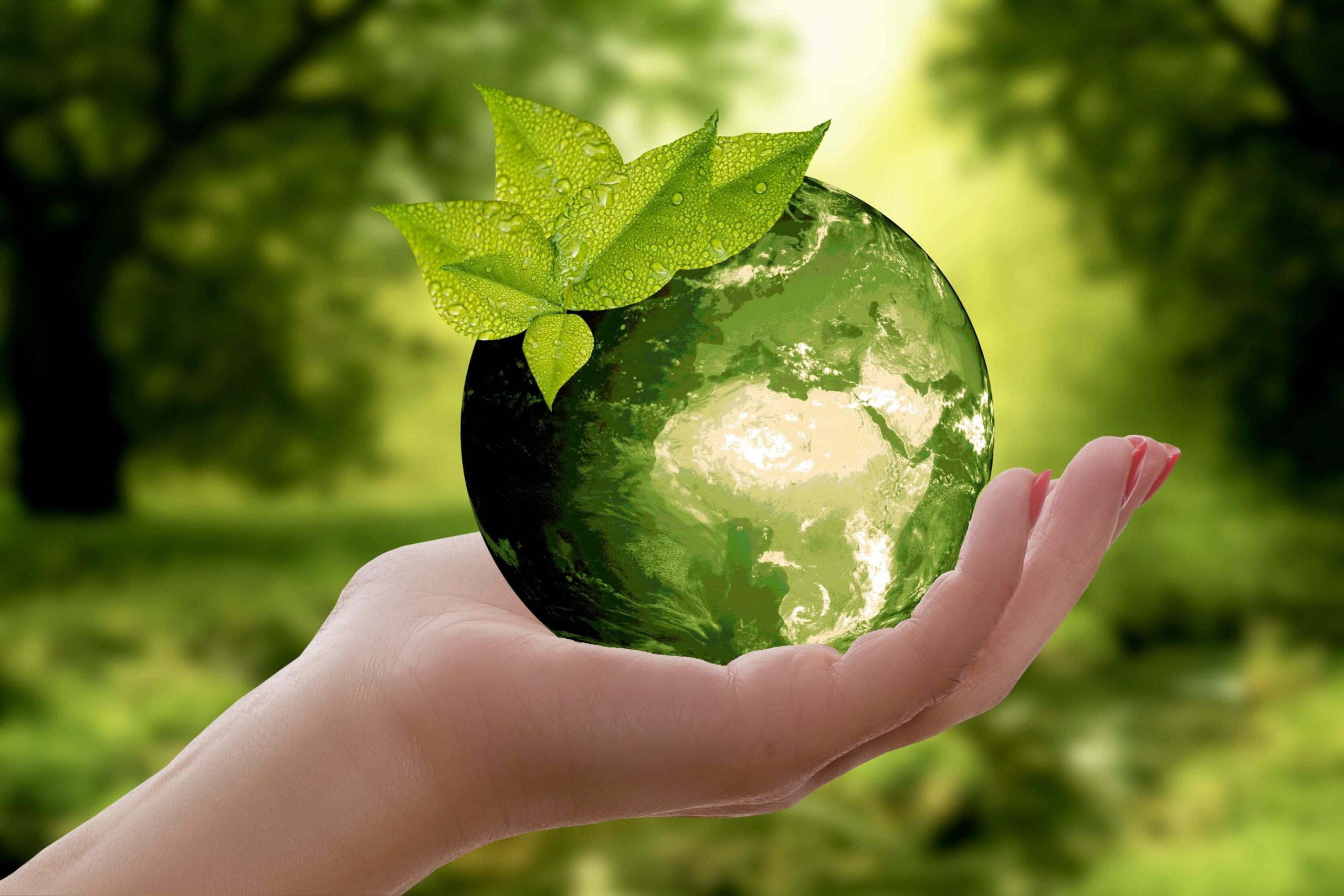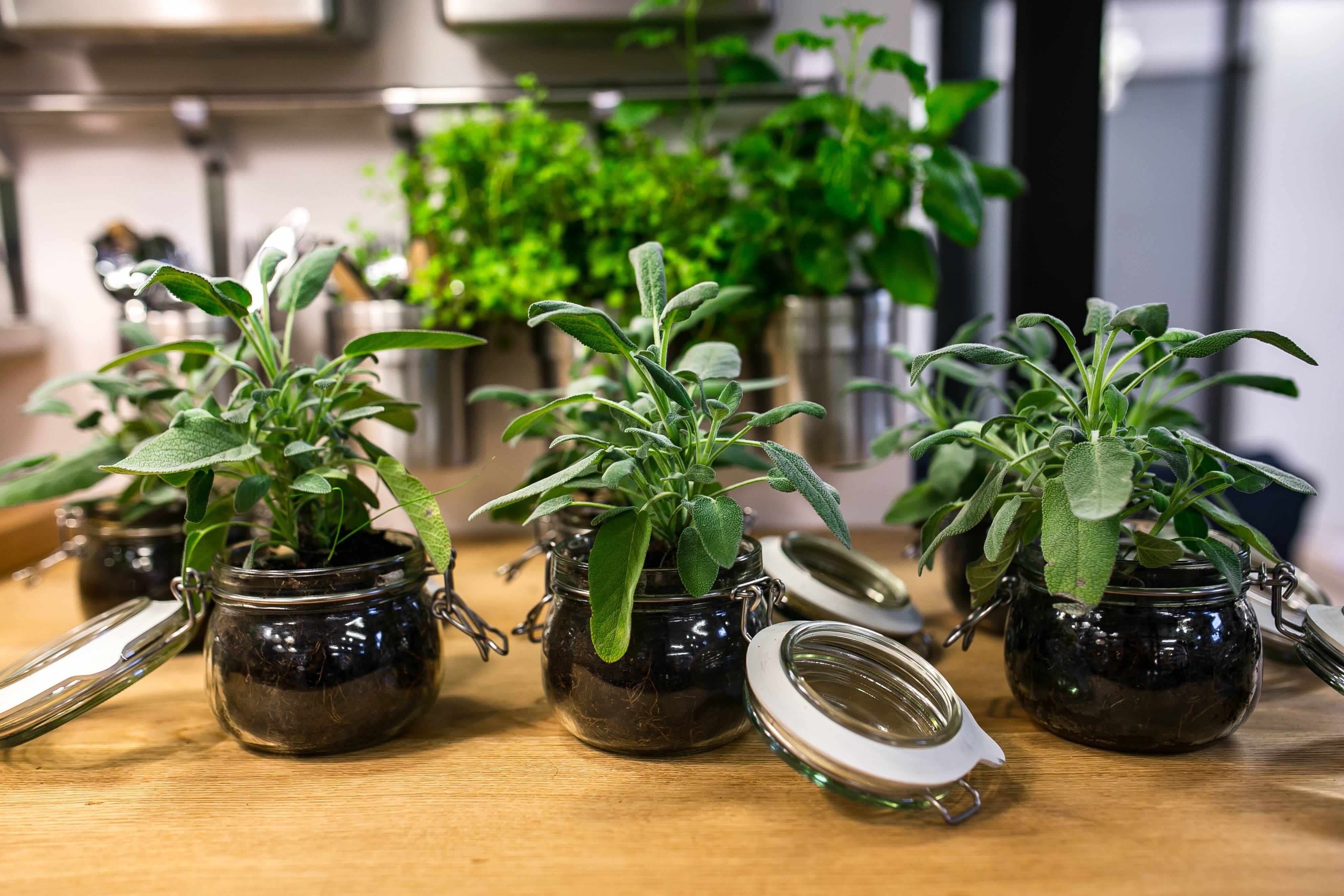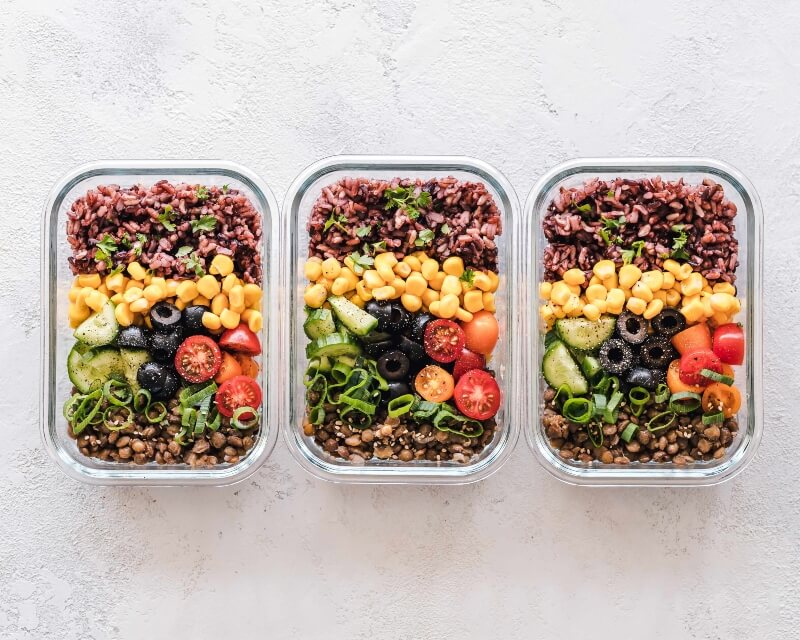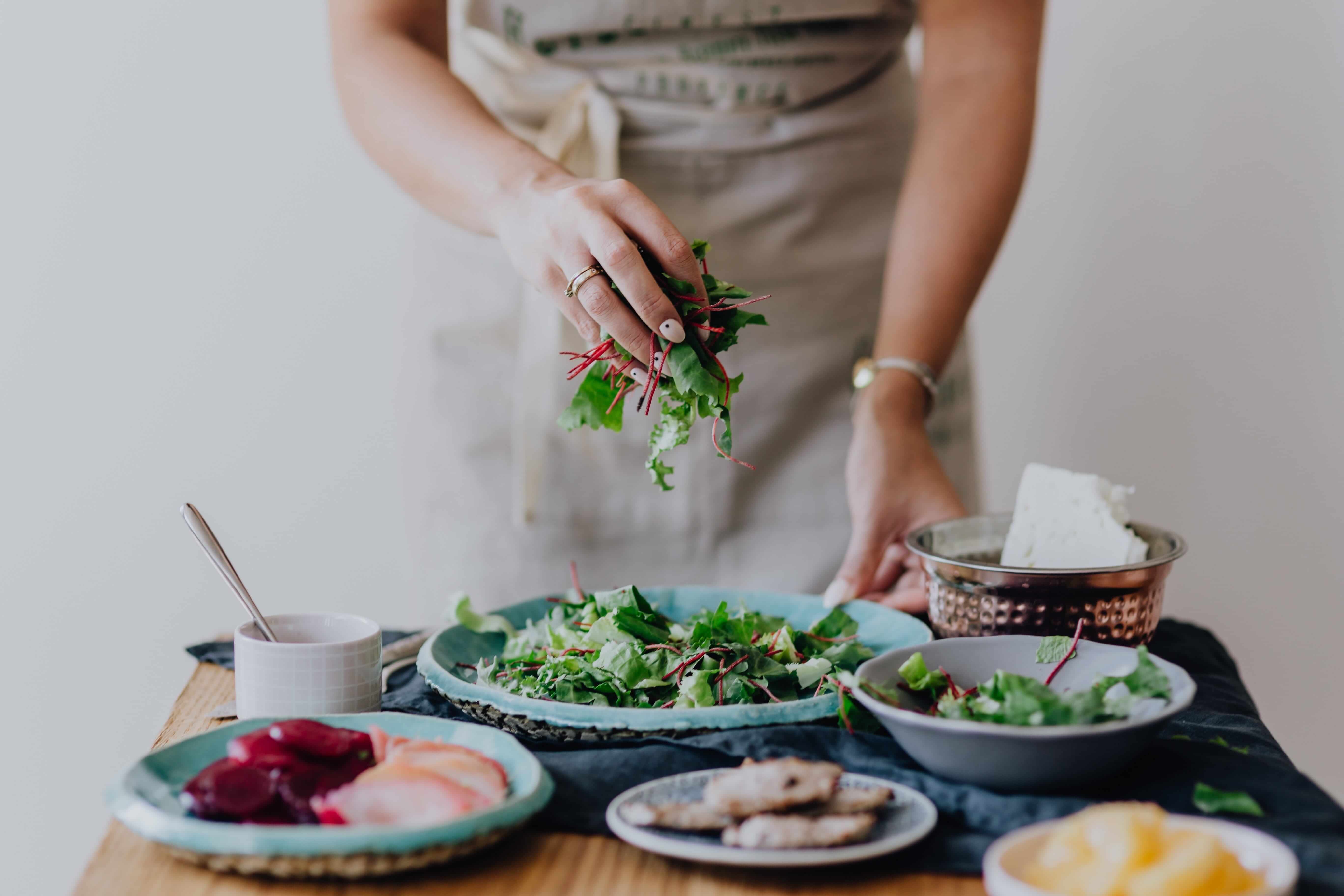12 ways to be more eco friendly

It’s a common misconception that living a green, sustainable life can only be successful if your home is installed with solar panels, wind turbines and a large compost in the garden whilst driving an eco-car and only using food specifically grown by yourself.
While it would be great if we could all make these efficient changes, it is also obvious that this is just not achievable or affordable for everyone. However, if you want to help your planet, there are many ways we can adopt small changes into our lifestyle to live the highly desired green life. In fact, these changes will even save you money in the process!
Here are some cheap alternatives on how we can make easy changes to be green at home, at work and everything in between.
Green choices for your home
Renewable energy
Renewable energy suppliers are a great way to introduce an eco-friendlier environment into the home. Power generated from renewable energy sources release less greenhouse gases, creating little to no pollution. Switching your suppliers is a simple, hassle free process and anyone can do it!
LED lightbulbs
Another simple way to be green is through a small investment in LED lightbulbs. LED bulbs are a reliable form of lighting due to their durability, energy efficiency and low heat levels. This makes it possible for it to outlast other types of bulbs, with LEDs lasting 25,000 hours compared to a standard fluorescent light bulb lasting just 8,500 hours.
So despite the small upfront cost, you will be saving money on bulb replacements in the long run. We recommend that you replace them slowly or even buy them on sale if you get the chance!
Turn off switches
Probably one of the easiest ways to be green is to switch it off! Everything from lights, plug sockets, and electrical appliances such as TVs and laptops should be switched off when not in use. This is easily taken for granted, but can become one of the most efficient and cheapest ways to be sustainable. You’ll be surprised at how much you’ll save on your next energy bill too!
Ecosia
Ecosia is a not-for-profit search engine which uses 80% of its ad generated revenue to fund planting trees. It works much like Google or Bing, however every search made contributes to one of the current 86 million+ trees planted since it was founded in 2009. By making it your default search engine, you can play your part towards a clean and green environment without having to spend or change your user experience.

Create clean air
If contributing to tree planting wasn’t enough, you can create clean air yourself by purchasing and growing your own plants. Whether you have a small or large garden, or even prefer to have indoor plants, they play a very important part in keeping the natural world healthy. Benefits include: improving air quality, removing chemicals and bacteria from water in the ground and even reducing noise pollution. Plants can also be a wonderful decorative feature to add to the home!
Meal planning
Food wastage is now considered the largest contributor to landfills, where methane is emitted, making up roughly 20% of all global methane emissions. Meal planning is a very effective way to avoid over spending and wasting food.
Buying only what you need will stop food going out of date and sticking to a plan will hopefully reduce impulses to buy unnecessary food items or takeaways. Why not use this opportunity to be more creative and have a go at cooking meals you’ve never made before?
Sustainable travel alternatives
Alternative ways to commute
Public transportation use is a major way to conserve energy. A 20-mile commute switched to public transport, such as a bus or train, can reduce annual CO2 emissions by roughly 20 pounds per day. Not only does the use of public transport reduce greenhouse gases, it also decreases road congestion.
Less vehicles on the road will lead to fewer road repairs and a lower demand for the need to build new roads. Instead of public transport, you could cut down on vehicle costs by switching to cycling, walking or even jogging.
Staycation
It’s common knowledge that planes are definitely not the most fuel efficient way to travel. But who doesn’t love a holiday abroad, travelling across the world to different countries and climates? Instead, why not consider a staycation, a great way to reduce air miles whilst exploring new places and experiences within the UK.
It can also encourage you to reconnect with the people you enjoy. You’ll be surprised at the array of beautiful destinations the UK has to offer.
Eco living
Eat less meat
It’s easy to forget how damaging an effect the animal agriculture industry contributes to greenhouse gas emissions. Alongside this, millions of gallons of water go into growing livestock, not forgetting the third of the earth’s surface used for raising livestock, driving deforestation.
By eating less meat, we are reducing the demand for livestock and actually conserving water at the same time. This doesn’t mean you have to become a vegetarian or vegan, but adopting new trends such as ‘meatless Mondays’ is a great way to be sustainable and also try out new recipes or foods you would not have chosen otherwise.
Take a break from consumerism
Let’s be honest, fast fashion and impulse buying can be everyone’s guilty pleasure at times. However, to be more sustainable, we need to take a break from diving into our pockets. Maybe set a challenge to go a month without buying anything new.
If this is too big a challenge, opting for secondhand clothing is also a great alternative. That said, second hand clothing isn’t for everyone. An alternative to this is to shop in person rather than online, avoiding small packages increasing their carbon footprint as they are shipped across the world – most likely to be packaged in plastic.
One question you could consider when shopping is the “30 wears rule” asking “will I wear this at least 30 times?” before purchasing.
Reusable items
From buying your morning coffee, grabbing a drink on a day out or even doing a quick mid-week shop, we don’t consciously think about the 500 billion to 1 trillion plastic bottles, cups and bags the world uses each year.
To cut down on this habit, making a small investment in reusable items can become a great convenience to yourself as well as the environment. No longer will you have to pay 5p for a plastic bag or an extra 20p for a coffee cup. Investing in a travel mug can come handy in times of travel and most importantly, will keep your drink warmer for longer.
Similarly, taking a water bottle with you on a day out can save you from spending small unnecessary amounts of money. Canvas bags are also a great way to save money, be practical and look fashionable whilst at the local supermarket.
Recycle
“Reduce, Reuse, Recycle”, a phrase familiar to most. There is not much explanation to this other than to be conscious of our resource intake, reuse items where possible and to be aware of what items can be recycled instead of thrown away. Recycling can help conserve important raw materials, save energy and ultimately protect our environment when tackling climate change.
These tips on how to be sustainable shows that making small changes can collectively make a big difference. Being green is all about your frame of mind, being open to trying out and making new ethical habits. These simple actions are cost effective and in some cases, can actually save you money.
Its surprisingly easy to make a positive change for the environment, no matter how small. Have a go and see what changes you can make to your everyday towards a greener, cleaner world.
Back to blog







